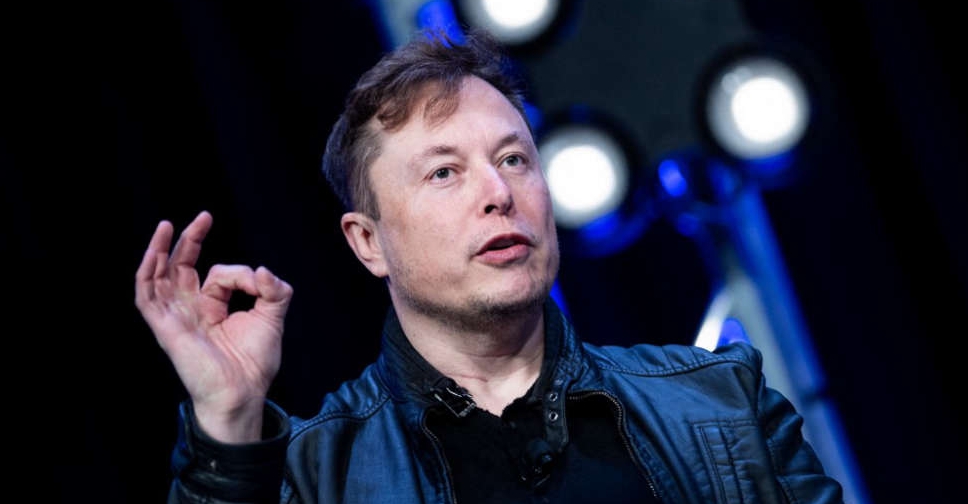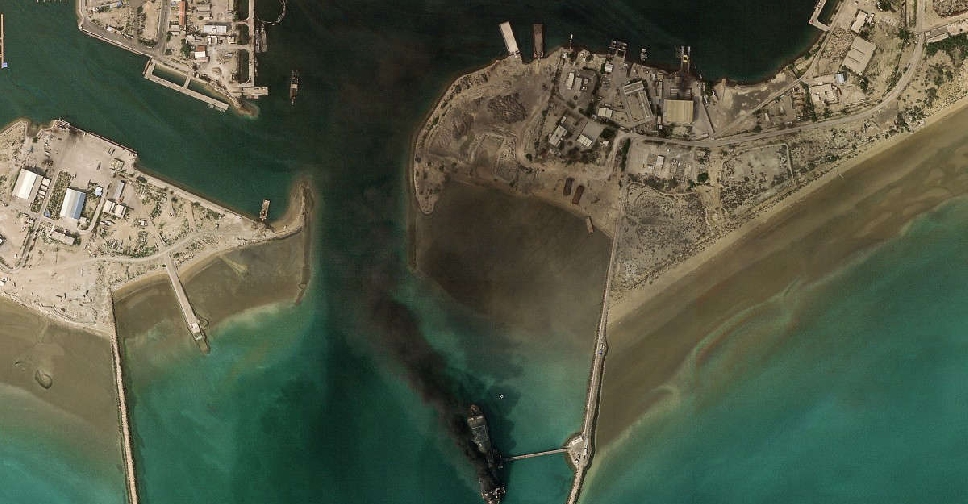
The first human patient has received an implant from brain-chip startup Neuralink on Sunday and is recovering well, the company's billionaire founder Elon Musk said.
"Initial results show promising neuron spike detection," Musk said in a post on the social media platform X on Monday.
Spikes are activity by neurons, which the National Institute of Health describes as cells that use electrical and chemical signals to send information around the brain and to the body.
The US Food and Drug Administration had given the company clearance last year to conduct its first trial to test its implant on humans, a critical milestone in the startup's ambitions to help patients overcome paralysis and a host of neurological conditions.
In September, Neuralink said it received approval for recruitment for the human trial.
The first human received an implant from @Neuralink yesterday and is recovering well.
— Elon Musk (@elonmusk) January 29, 2024
Initial results show promising neuron spike detection.
The study uses a robot to surgically place a brain-computer interface (BCI) implant in a region of the brain that controls the intention to move, Neuralink said previously, adding that its initial goal is to enable people to control a computer cursor or keyboard using their thoughts alone.
The implants' "ultra-fine" threads help transmit signals in participants' brains, Neuralink has said.
The first product from Neuralink would be called Telepathy, Musk said in a separate post on X.
The startup's PRIME Study is a trial for its wireless brain-computer interface to evaluate the safety of the implant and surgical robot.
Neuralink did not immediately respond to a Reuters request for further details.
The company has faced calls for scrutiny regarding its safety protocols. Reuters reported earlier this month that the company was fined for violating US Department of Transportation (DOT) rules regarding the movement of hazardous materials.
The company was valued at about $5 billion last June, but four lawmakers in late November asked the US Securities and Exchange Commission to investigate whether Musk had misled investors about the safety of its technology after veterinary records showed problems with the implants on monkeys included paralysis, seizures and brain swelling.
Musk wrote in a social media post on September 10 that "no monkey has died as a result of a Neuralink implant." He added that the company chose "terminal" monkeys to minimise risk to healthy ones.



 Iran vows to attack any ship trying to pass through Strait of Hormuz
Iran vows to attack any ship trying to pass through Strait of Hormuz
 Drones target fuel tanks at Oman’s Duqm Port
Drones target fuel tanks at Oman’s Duqm Port
 Qatar announces interception of 2 jets, 101 missiles since Iranian attack
Qatar announces interception of 2 jets, 101 missiles since Iranian attack
 Two drones target US embassy in Saudi Arabia
Two drones target US embassy in Saudi Arabia



